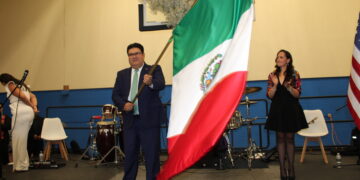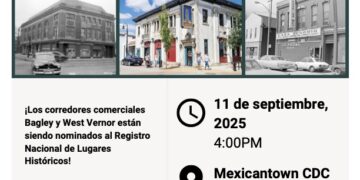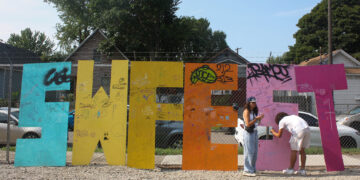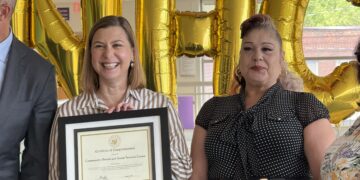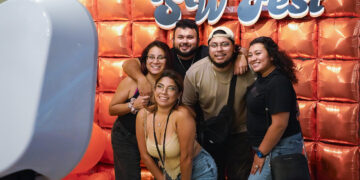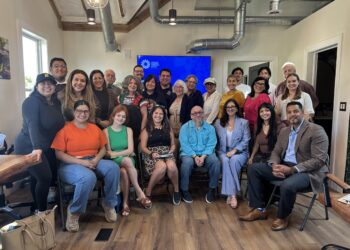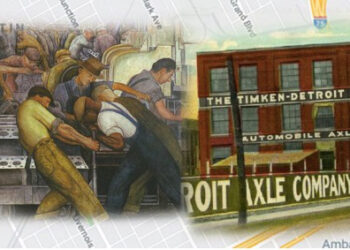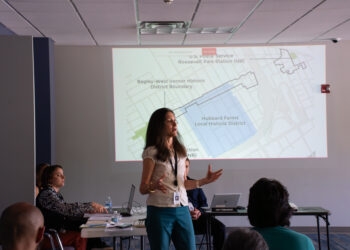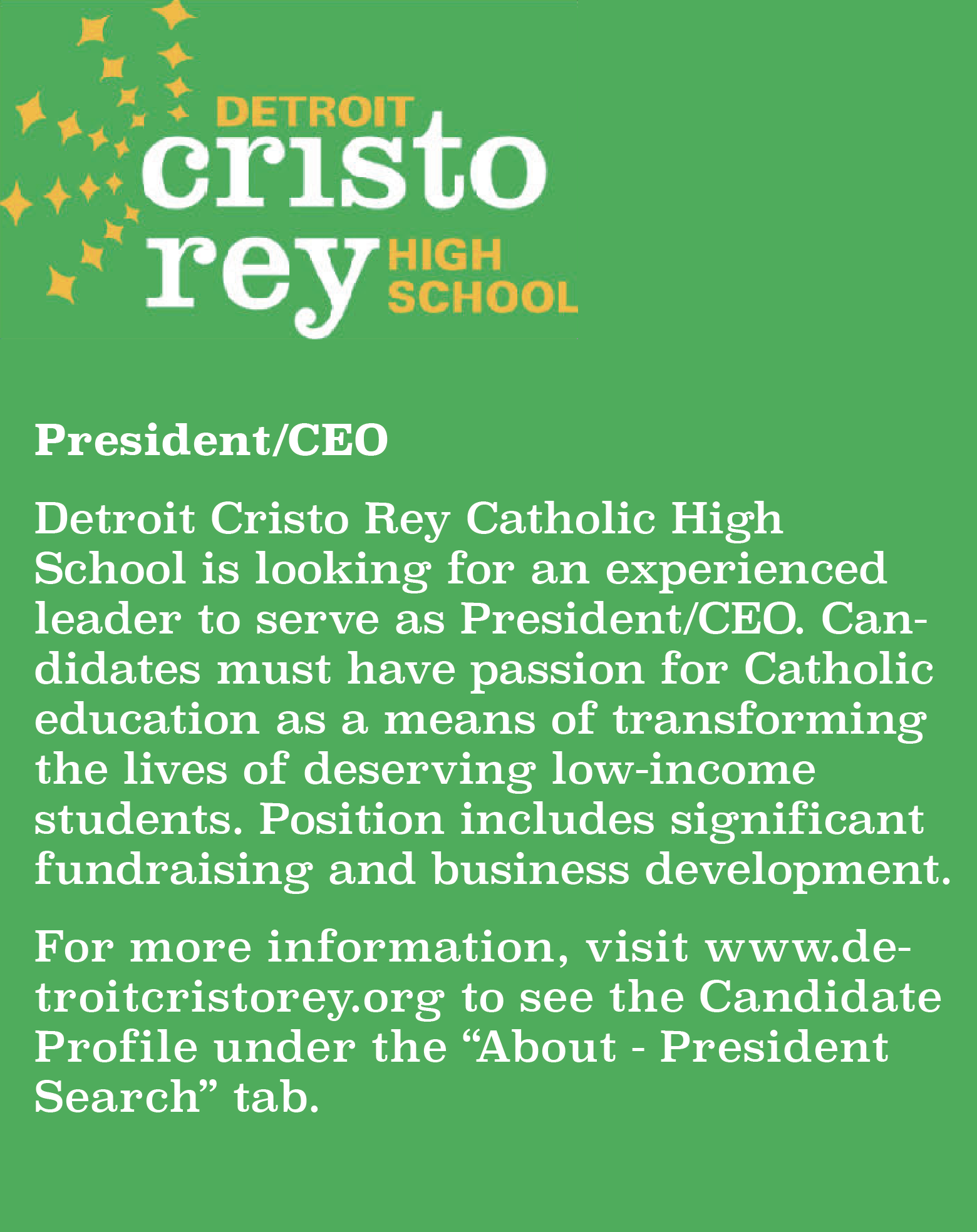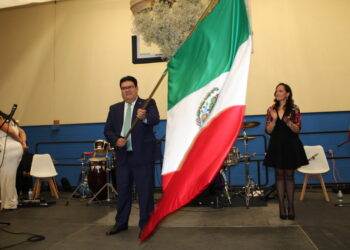All Western International High School history teacher Mike Cruz wanted to do was to read a book. If not for a book, he might have been killed. Cruz was a reader, but reading books was not an acceptable pastime for a young man in Southwest Detroit in the 1980s when running drugs often held more allure. Cruz recounts the night when his drug-dealing best friend was shot dead. “I would have been standing next to him,” Cruz said. But Cruz was at home turning the pages of a book. “Books saved my life,” he said.
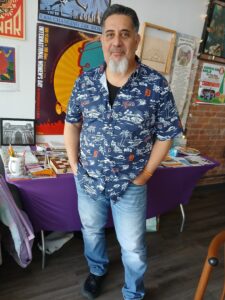
Cruz’s family did not expect him to attend college. Making money was all that mattered. So Cruz worked on the line at the Wayne Assembly Plant and made good money. But something was not right. For a man with a curious mind and a restless intellect, factory work was a stultifying routine, a soul-destroying dead end. To sustain his mind and spirit, Cruz read books — a paragraph at a time — in the seconds between his tasks on the line. After nine years, Cruz had read hundreds of books while earning three college degrees in his off hours.
One day, toward the end of his shift at 4 a.m., Cruz had an “aha” moment. He was reading a short article in the New Yorker about a conversation between Joseph Heller, author of the bestseller Catch-22, and the celebrated writer Kurt Vonnegut. Vonnegut told Heller that their party host, a hedge fund manager, had made more money in a single day than Heller had earned from all sales of his wildly popular novel. Heller responded, “Yes, but I have something he will never have — enough.”
Cruz had also had enough, so he took a big pay cut and became a history teacher and embraced greater metro Detroit as his classroom: Third Man Records, where his students wrote and recorded their own music; Roosevelt Proxy (near Michigan Central Station), where students teamed up with entrepreneurs and graduate students at Lawrence Technological University in Southfield to design and build a shipping container business; and independent local bookstores, such as Book Suey, Pages Bookshop, John King Books, and Literati Bookstore in Ann Arbor.
Visiting bookstores was revelatory to his teens, many of whom had read little else than the drab, colorless language in textbooks. Indeed, most students had neither been to a bookstore nor owned a book. Visiting bookstores “normalized” reading as a legitimate and worthwhile pursuit, said Cruz, who founded Breaking the Cycle with Books, a nonprofit dedicated to promoting reading to urban students. “They get to be in a space with others who love reading and love books,” said veteran Western English teacher and book advocate Tara Baker, who has long supported Cruz and his students.
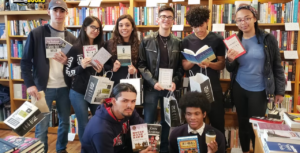
When his students visited Literati Bookstore in Ann Arbor and saw their fellow teens engrossed in books and reading and while lounging on the grass at the campus of the University of Michigan, they “no longer felt alone,” said Cruz. They felt, “I belong, too.” Bre Caban is one of Cruz’s many students who found the trips to bookstores transformative. She met people who “think the way I do, who have a love for literature,” she said. Caban went on to earn a bachelor’s degree in English at the University of Michigan, Ann Arbor. “Getting lost in a book allows you to travel,” said Caban.
As Baker reflected on her visits with students to the bookstores, she mused, “It’s my chicken soup for the soul moment of the year.”

